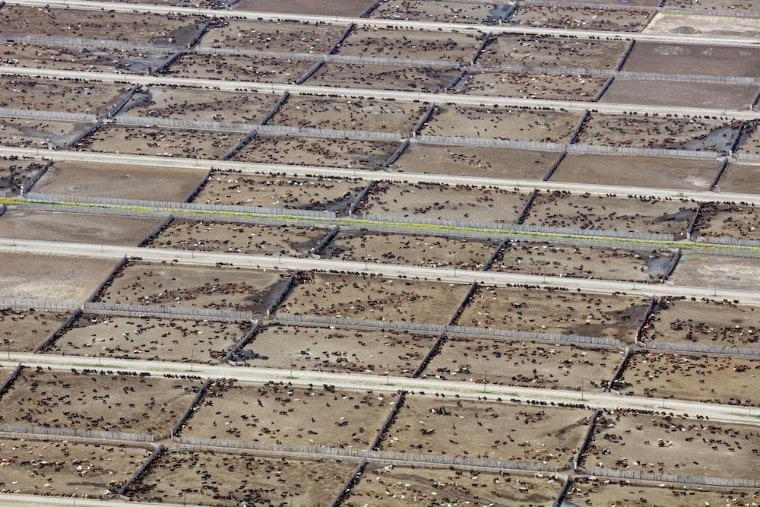Sure! Here’s the translation to American English:
—
A recent study has emphasized the urgent need to rethink global food production, focusing on reducing industrial livestock farming and promoting plant-based diets. The analysis, carried out by researchers such as Jenny Mace from the University of St Andrews, Andrew Knight from Griffith University, and Fernanda Vieira from Sinergia Animal, synthesizes evidence from 47 international studies to conclude that decreasing livestock production is crucial for addressing the climate and biodiversity crises.
Research indicates that livestock is responsible for between 12% and 20% of all annual greenhouse gas emissions. Furthermore, projections suggest that up to 52% of current global warming could be associated with agricultural practices related to this sector. Despite occupying more than 80% of agricultural land, livestock only contributes 18% of the calories and 37% of the proteins consumed worldwide, raising serious questions about the sustainability of this model in light of population growth.
The study also highlights other significant environmental impacts, such as its contribution to 50% of eutrophication and 32% of soil acidification. An increase in livestock emissions is anticipated in emerging economies unless drastic changes in production trends are implemented.
According to the authors, adopting more plant-centered diets would not only help reduce greenhouse gas emissions but also relieve pressure on natural resources such as forests and freshwater, and contribute to the restoration of damaged ecosystems. Therefore, policymakers are urged to integrate specific targets for reducing the consumption of animal products into global climate frameworks, in line with the Paris Agreement.
Jenny Mace emphasizes the need to focus on livestock at climate summits, warning that achieving sustainability goals is practically impossible without a significant reduction in animal agriculture. Similarly, Andrew Knight argues that centering food system reform around climate action could offer enormous benefits for both people and the planet. For her part, Fernanda Vieira stresses that the interconnected issues of industrial livestock farming require urgent attention to make progress on climate goals and public health.
—
Let me know if you need anything else!
Referrer: MiMub in Spanish











